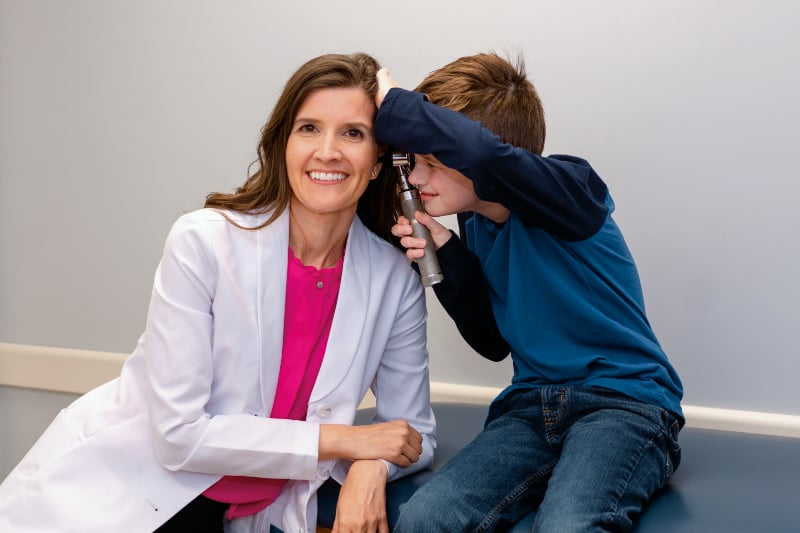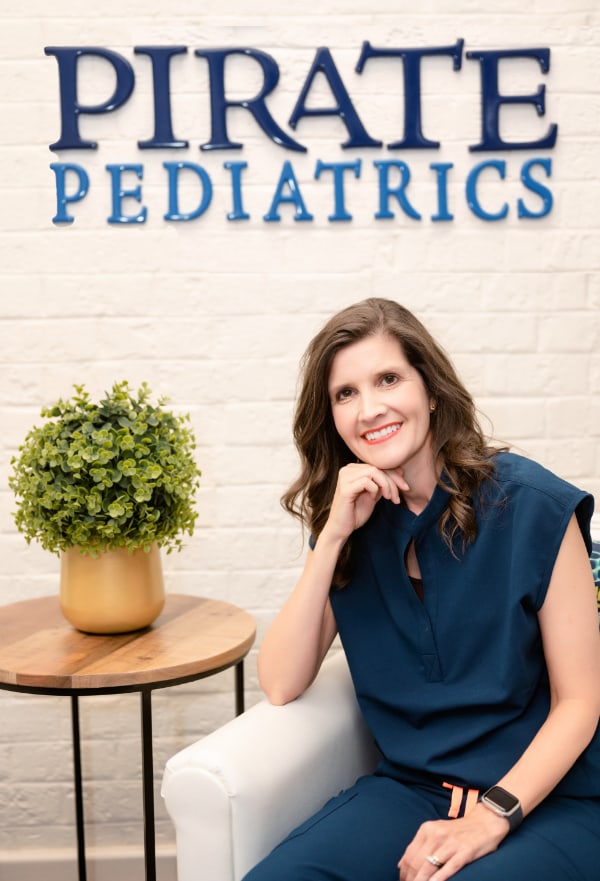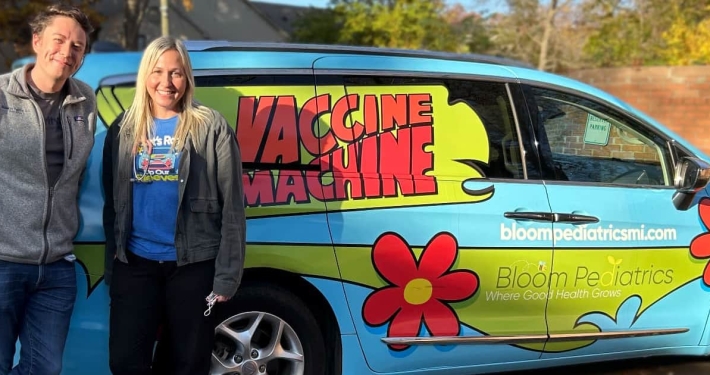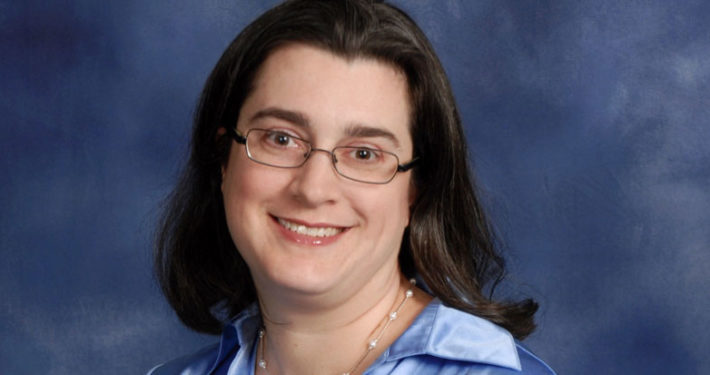The Danger of Overwork
Five years had passed since Pirate Pediatrics opened its doors, and Dr. Morgan was pulling triple duty. She was the CEO of the business; she was working full time as a clinician. She was a mother to a young daughter. While her team were fully on board, Dr. Morgan was the heart and soul of the practice. No matter what she herself was feeling – which was not very well, in the midst of sick season – she had to show up to make sure patients and families were being served.
So she did. Until she could not.
A twofold blow of pneumonia and flu hit Dr. Morgan with such severity that she was forced to transition from doctor to patient. Even then, it was difficult. Her patients needed her.
It was soon clear, however, that even if she wanted to, Caroline Morgan could not heed the call of families as she always had. The infection had entered her bloodstream. Worse, she was in preterm labor with her second child, and her medical team needed to intubate if they were to save both Caroline and the baby.
Pirate Pediatrics’ nurse practitioner called Dr. Morgan’s husband, Nathan, who was on a trip to the Grand Canyon. He flew back across the country to Raleigh and drove an hour and a half to the hospital, where the pulmonary critical care doctor and obstetrician laid out the sobering facts: both his wife and child were in danger, and it was unclear whether they would survive the night.
The team couldn’t get the ventilator settings under control, and they were worried about the baby’s heart rate. If his heart rate dropped, they would have to do a cesarean section in the intensive care unit, and Caroline’s body was not strong enough to survive the procedure.
“I wasn’t breathing,” she recalls, matter-of-fact and calm in her retelling. “They didn’t think I was going to make it to the next morning. [Nathan] fell down in the hall and cried. He said, ‘Dear God, I cannot do this business by myself. I cannot raise my daughter by myself.’ They would save the baby over me, so then he would have a NICU preemie baby to take care of. He said, ‘I could not.'”
The team wasn’t optimistic. They’d never intubated a pregnant patient who survived. They’d never had the developing baby not crash in such a situation. The crash cart would have to be present, and they could not seem to locate one fast enough.
The next morning, Dr. Morgan woke up, still pregnant, still very ill, but still alive and even briefly conscious.
“The nurse ran from my bedside and said, ‘Oh my God, she’s awake.’ And I remember thinking, ‘Am I not supposed to be? I thought you were just resting my lungs, right?’”
When she was strong enough, her team told her how close she had been to dying. She learned that a pediatric anesthesiologist and an obstetrician had spent the night at the hospital certain they’d have to do a C-section. She also found out that she was the first pregnant patient they’d intubated whose baby didn’t crash. She and her son had made hospital history.

“The Ears Work”
Even when she was unconscious and fighting for her life, Dr. Morgan was still learning about the patient experience in an entirely new light.
“I was out,” she says, “But I remember an argument right at my feet. The OB was trying to give me more magnesium to stop the contractions. The critical care doctor said, ‘That’s what’s causing her lungs to fill up with fluid, and I can’t regulate her breathing if we keep giving more.’ OB said, ‘Well, can we give just one more dose of magnesium and follow it with Lasix, a diuretic, which would help the fluid come out?'”
Seven years later, the memory of witnessing the argument still upsets her. As a patient, how was she supposed to feel safe and supported with her care team literally squabbling around her bedside? Now, she tells everyone who will listen: hearing is the last thing to go, even if a patient seems unconscious.
“I’m living to tell you that the ears work,” she emphasizes. “If [they] can hear, they are hearing what you’re saying.” She knows that many patients, like herself, find conflict upsetting. She urges providers to rethink what they say around unconscious patients, in case they hear something that impedes their recovery.
“I’m Not Going to Work Like That Again”
When she woke up in the hospital, Dr. Morgan didn’t even have the energy to open her eyes. She couldn’t speak above a whisper, but she managed to ask why her eyes wouldn’t open.
“They said, ‘You don’t have enough energy to. All your energy is being used to heal your body.'”
At that moment, Dr. Morgan vowed never to push herself to such extremes again. She prioritized her health and recovery, spending four challenging months regaining enough strength to return to work just one day per week. While she has gradually increased her workload, she has intentionally not returned to her previous intensity since the health scare.
Babies sometimes have uncanny timing. She recalls with a smile how her water broke not long after returning home, and back to the hospital they went.
Despite her grave illness, her body’s tenuous recovery, and the fears for her life and her child’s, her son was born healthy and strong — still premature but not in need of neonatal ICU care. With a wondering smile, Dr. Morgan says it was as though he hadn’t been affected at all by the experience. He is now seven.











